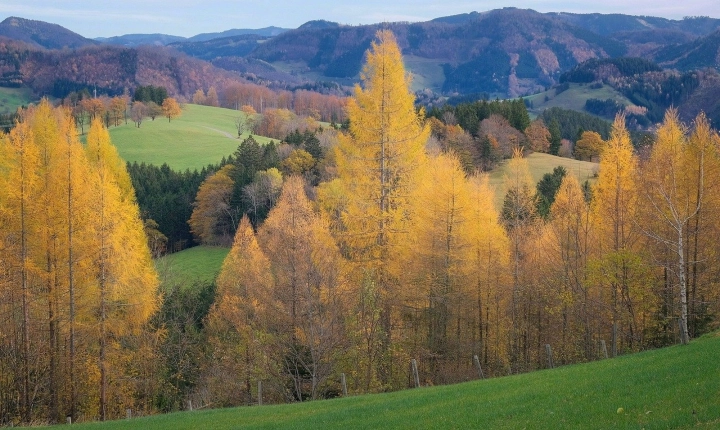Title: Can ChatGPT Write Poetry?
The advent of artificial intelligence has undoubtedly stirred curiosity about its creative potential, fueling debates about whether machines can ever truly produce art that resonates emotionally with humans. One area where this debate is particularly intense is in poetry – can a machine weave words together in a way that evokes the beauty and depth of human emotion and experience?
One notable AI language model that has been making waves in the field of creative writing is OpenAI’s GPT-3 (Generative Pre-trained Transformer 3), particularly its offshoots, including ChatGPT. As a language generation model, ChatGPT can process prompts and generate human-like text based on the input it receives. This prompts the question: can ChatGPT write poetry?
The answer to this question isn’t straightforward, as it involves delving into the nature of poetry itself. Poetry is often seen as the art of language, a medium through which we convey emotions, capture moments, and explore the complexities of existence. It’s highly subjective and deeply rooted in human experience. This begs the question: can a machine, devoid of human experience and emotions, authentically replicate the essence of poetry?
ChatGPT’s ability to generate text that mimics human language is indeed impressive. It can produce verses that adhere to poetic structures, play with imagery, and even elicit emotional responses from readers. Given the right prompt, it can certainly produce text that resembles poetry in form and style. Examples abound of ChatGPT creating engaging and thought-provoking lines that demonstrate a semblance of poetic sensibility.
But creating something that reads like poetry doesn’t necessarily mean it embodies the true spirit of the art form. The core of poetry lies in its ability to express the intangible, to capture the essence of the human experience in a way that transcends mere words on a page. It’s about imbuing language with emotion, insight, and personal truth. This depth and authenticity, so intrinsic to poetry, stem from the well of human experience and consciousness – something that an AI model like ChatGPT inherently lacks.
Furthermore, the act of writing poetry is deeply personal and often intertwines with the poet’s sense of identity, emotions, and cultural context. It’s a mode of expression that reflects individual perspectives and experiences. Can an AI model truly engage in this deeply personal act of creation, devoid of the lived experiences that shape human poets?
While ChatGPT’s output may emulate the form and style of poetry, it’s important to recognize that its capacity for true poetic expression remains significantly limited. The emotional depth, personal connection, and nuanced insights that characterize authentic poetry are elusive for an AI model.
Moreover, the process of writing poetry goes beyond the end result. It involves grappling with language, wrestling with emotions, and delving into the depths of human consciousness. ChatGPT, as a machine devoid of consciousness, cannot authentically partake in this process.
However, the emergence of AI language models in the realm of creative writing – including poetry – prompts us to reconsider our definitions of creativity and artistry. While ChatGPT may not replicate the essence of poetry in its purest form, it has sparked conversations about the intersection of technology and creativity, the nature of authorship, and the ways in which AI can augment human creativity.
In conclusion, while ChatGPT can indeed produce text that resembles poetry, it cannot authentically capture the depth, emotion, and human experience inherent in true poetic expression. The creative spark that ignites genuine poetry is deeply rooted in the human condition, and this is a realm that AI, for all its remarkable capabilities, cannot fully inhabit. As we continue to explore the frontiers of AI and creativity, it’s essential to acknowledge the uniqueness of human artistic expression and the profound connection between poetry and the human soul.
